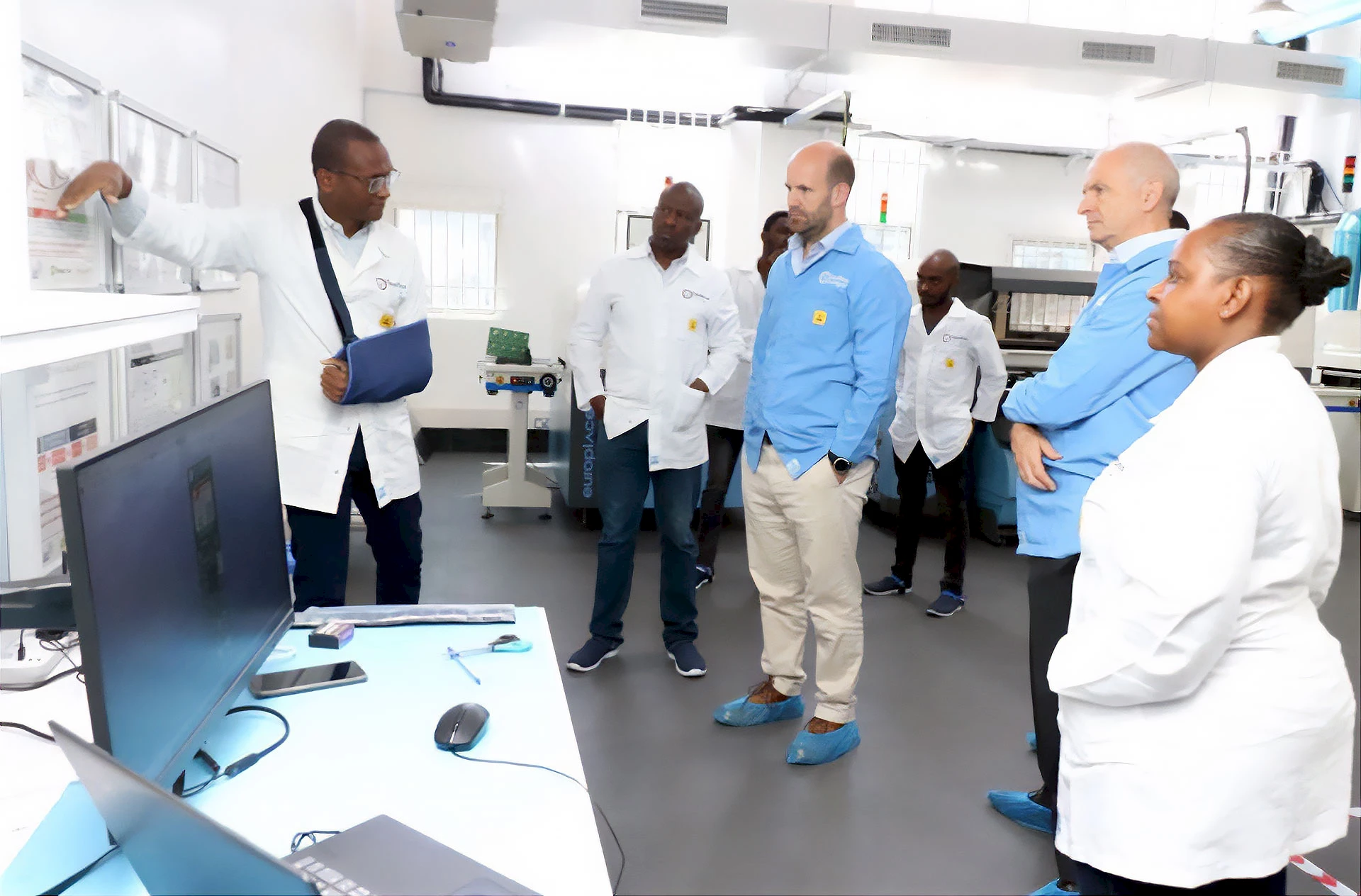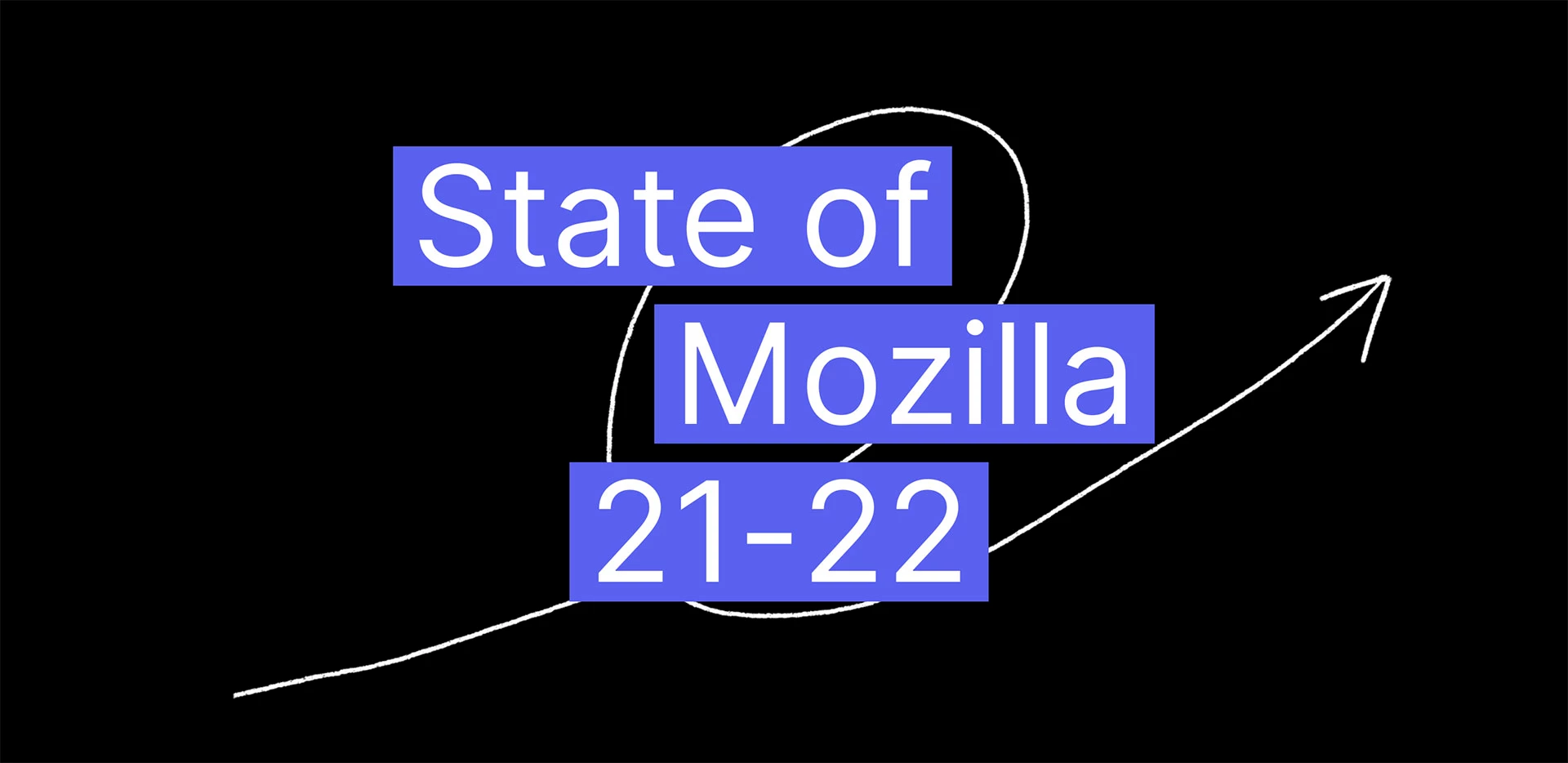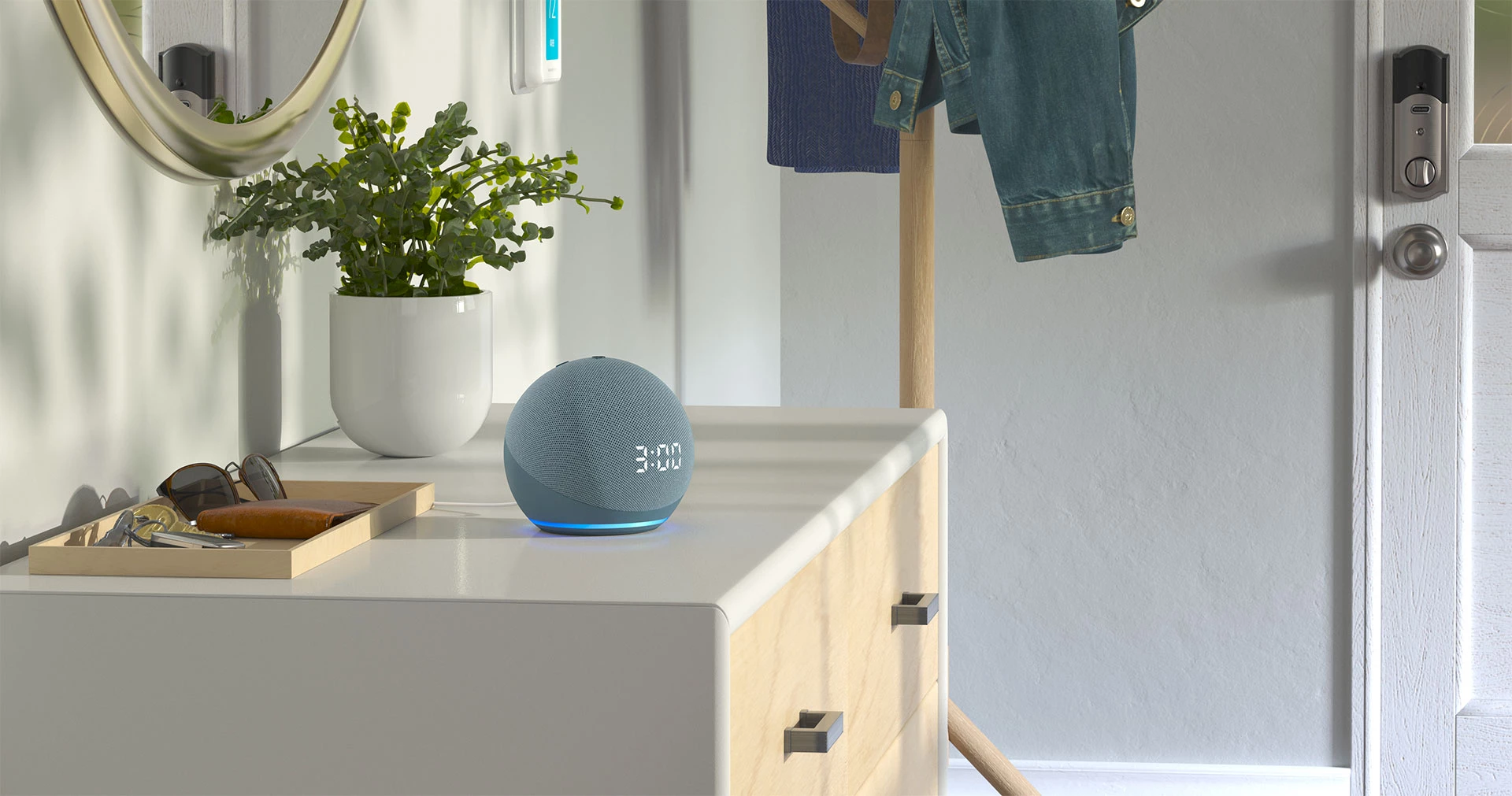Weekly Tech Recap - № 360 - Leap seconds, AI and text data, Raspberry Pi in Kenya, Mozilla, and Alexa

Skip the leap seconds

Weltzeituhr, Alexanderplatz, Berlin. © iStock.
Leap seconds are what we add to Coordinated Universal Time (UTC) to sync it with the inconsistent speed in the Earth’s rotation. Starting in 1972, twenty-seven leap seconds have been applied, since you asked. During the 27th Annual Meeting of Weights and Measures on November 18 in Versailles (France), a nearly unanimous vote, with Russia voting against and one abstention by Byelorussia, decided to suspend leap seconds starting in 2035. UTC will tick away just fine without them until 2135.
The reasoning behind this decision is that over the next hundred years, metrologists – researchers who specialize in time – will figure out the best way to align the atomic and astronomical time scales. System administrators all over the world, and especially those for large companies, as well as those who manage global navigation satellite systems (GNSS), get a hundred-year break. In 2012 and 2017, the insertion of leap seconds caused hours of outages in companies such as Reddit, Qantas and Cloudflare.
Besides, recent observations of the Earth’s rotational speed lead researchers to think that we might need to insert a negative leap second (take out a second) – which has never been done before and might bring about its own special havoc.
⇨ Ars Technica, Kevin Purdy, “Network-crashing leap seconds to be abandoned by 2035, for at least a century.”
2022-11-22
AI running out of stuff?

© iStock.
Large language models using programs such as GPT-3, which can write articles and even code, are a hot AI research topic. However, according to researchers at Epoch, an AI research and forecasting organization, trouble is looming. We might soon be scraping the bottom of the data barrel to train these models.
Language models are trained with quality texts from sources such as Wikipedia, press articles, scientific papers, and books. These models are fed increasing amounts of data to make them more powerful, but this kind of data is finite.
Some researchers, however, think that quantity might not be synonymous with quality when it comes to language models. Percy Liang, a computer science professor at Stanford University, explains that they’ve “seen how smaller models that are trained on higher-quality data can outperform larger models trained on lower-quality data.”
⇨ MIT Technology Review, Tamy Xu, “We could run out of data to train AI language programs.”
2022-11-24
Raspberry Pi made in Africa

Eben Upton and Mike Buffham at the Gearbox Europlacer plant, Nairobi, Kenya. © Raspberry Pi Ltd.
Going against the grain of many companies that manufacture their products in Asia, Raspberry Pi Ltd announced that it started producing the Raspberry Pi Pico, meant for the African market, in Nairobi, Kenya.
The very first Raspberry Pi cards were made in China in 2012, but the company relocated shortly thereafter to the Sony UK Technology Center in Pencoed, in the south of Wales. Since then, most Raspberry Pi products are made in Pencoed, except for the Pico W, which is produced at Sony Inazawa in Japan, and the PoE+ HAT (a power-over-Ethernet card), which is made in China.
Eben Upton, CEO at Raspberry Pi Ltd, says that manufacturing domestically means they can iterate more rapidly, and that having a plant in the UK, which is one of their largest markets, simplifies distribution logistics and lets them respond more promptly to shifting demand.
⇨ Raspberry Pi News, Eben Upton, “Made in Kenya.”
2022-11-21
Mozilla’s doing fine, actually

© Mozilla Corp.
The recently published “State of Mozilla” annual report reveals that Mozilla Corporation, the for-profit arm of the Mozilla organization, generated 585 million USD in 2021 thanks to its search partnerships, subscriptions and ad revenue. This represents a 25% increase year-over-year. New products such as Mozilla VPN, Pocket, and Mozilla Developer Network Plus account for 57 million USD in income, which is 125% more than last year.
TechCrunch met with Mitchell Baker, the company’s CEO, chief product officer Steve Teixeira, who recently joined Mozilla after leaving Twitter, and Mark Surman, executive director of the Mozilla Foundation. They explained that Mozilla’s attempts to diversify are bearing fruit, and that there’s untapped potential in security products, which only accounted for 4 million USD in 2021.
Another growth lever might be Mozilla Ventures, a 35 million USD venture fund, which will launch next year. The organization plans to use it to invest in its public-interest projects whose values line up with Mozilla’s.
⇨ TechCrunch, Frederic Lardinois, “Mozilla looks to its next chapter.”
2022-11-18
Alexa is costly

Echo Dot. © Amazon.
The Alexa voice assistant, which turns ten this year, pioneered a technology that Google and Apple have emulated. It’s never really earned Amazon much income though. The Alexa division is part of the “Worldwide Digital” group, along with Amazon Prime Video. According to Business Insider, this group has lost 3 billion USD in Q1 2022 alone. The “vast majority” of losses has been attributed to Alexa. Business Insider talked to a “dozen current and former employees”, who described a “division in crisis”. Nearly all plans to monetize Alexa have failed, with a former employee describing Alexa as a “colossal failure of imagination” and a “wasted opportunity”.
Alexa, seemingly former CEO Jeff Bezos’s pet project, was given a long runway within the company. Newly-appointed CEO Andy Jassy doesn’t share in the enthusiasm and announced a major downsizing of the division. But he’s not giving up on Alexa entirely, he told Amazon employees. It’s also come to light that though the Echo line of Alexa products are some of the better sellers on Amazon, most devices have been sold at cost, generating no profit. Business Insider ranks Alexa third in the US market, with Google’s Assistant logging 81.5 million users, Apple’s Siri tallying 77.6 million, and Alexa, 71.6 million.
⇨ Ars Technica, Ron Amadeo, “Amazon Alexa is a ‘colossal failure,’ on pace to lose $10 billion this year.”
2022-11-21
